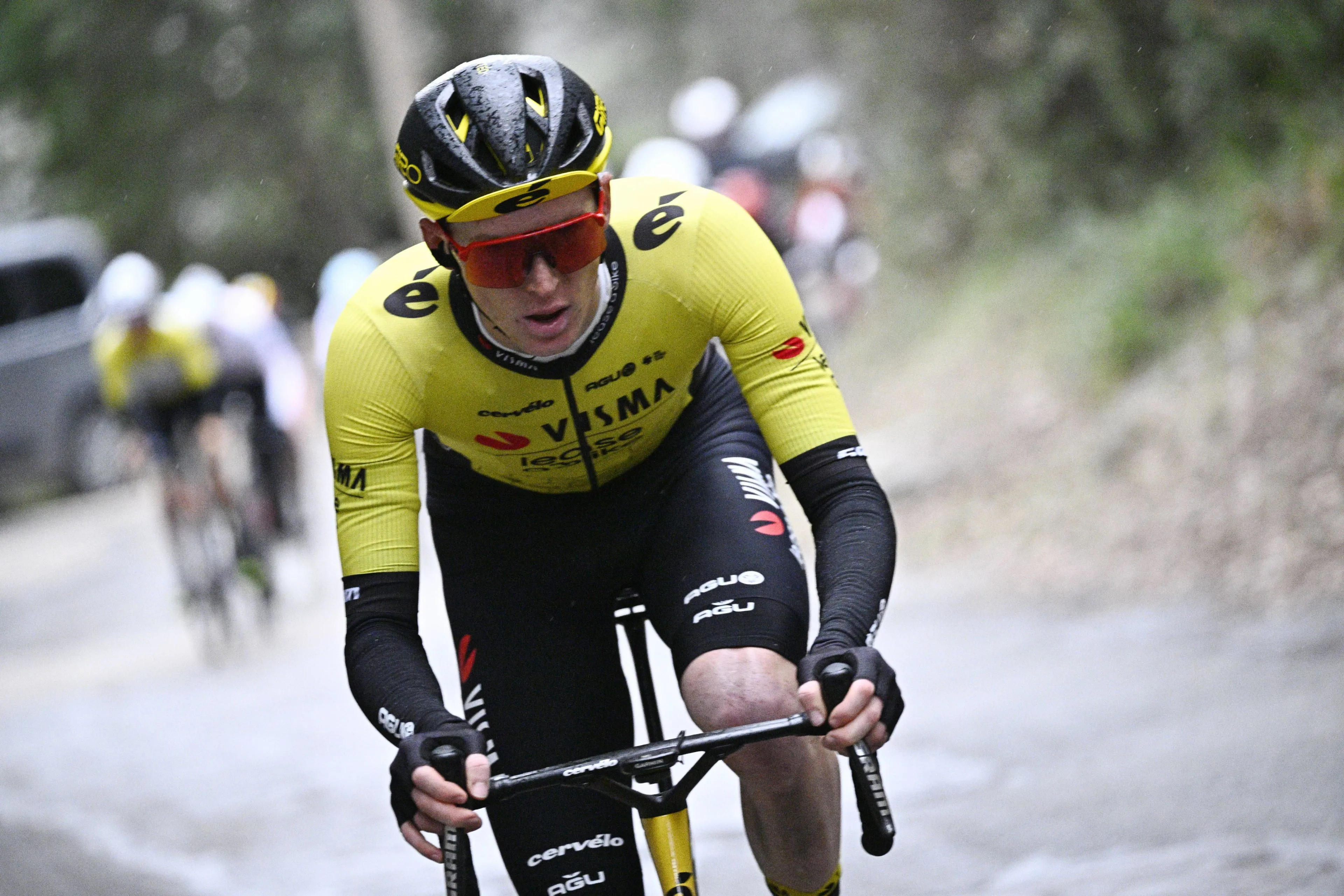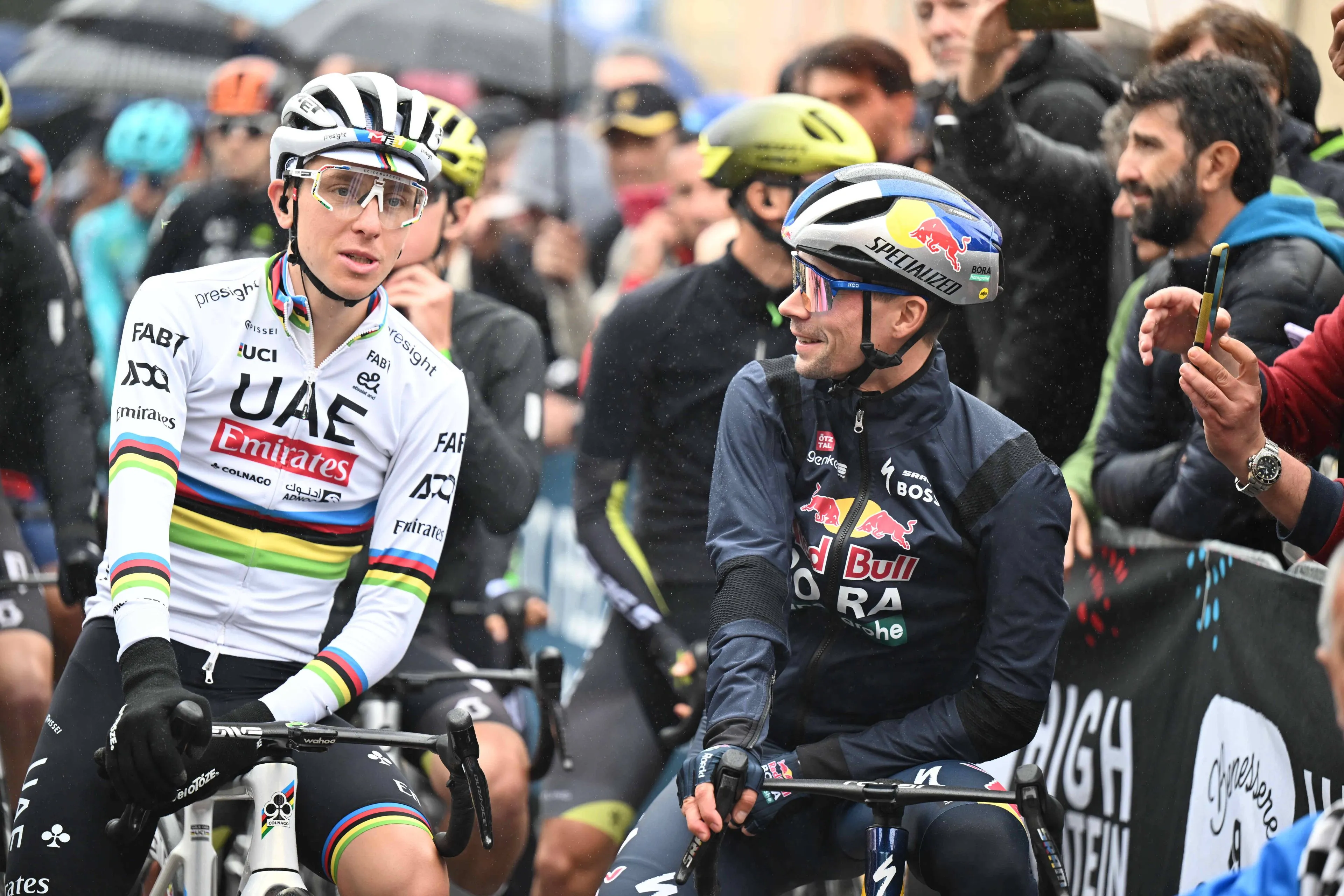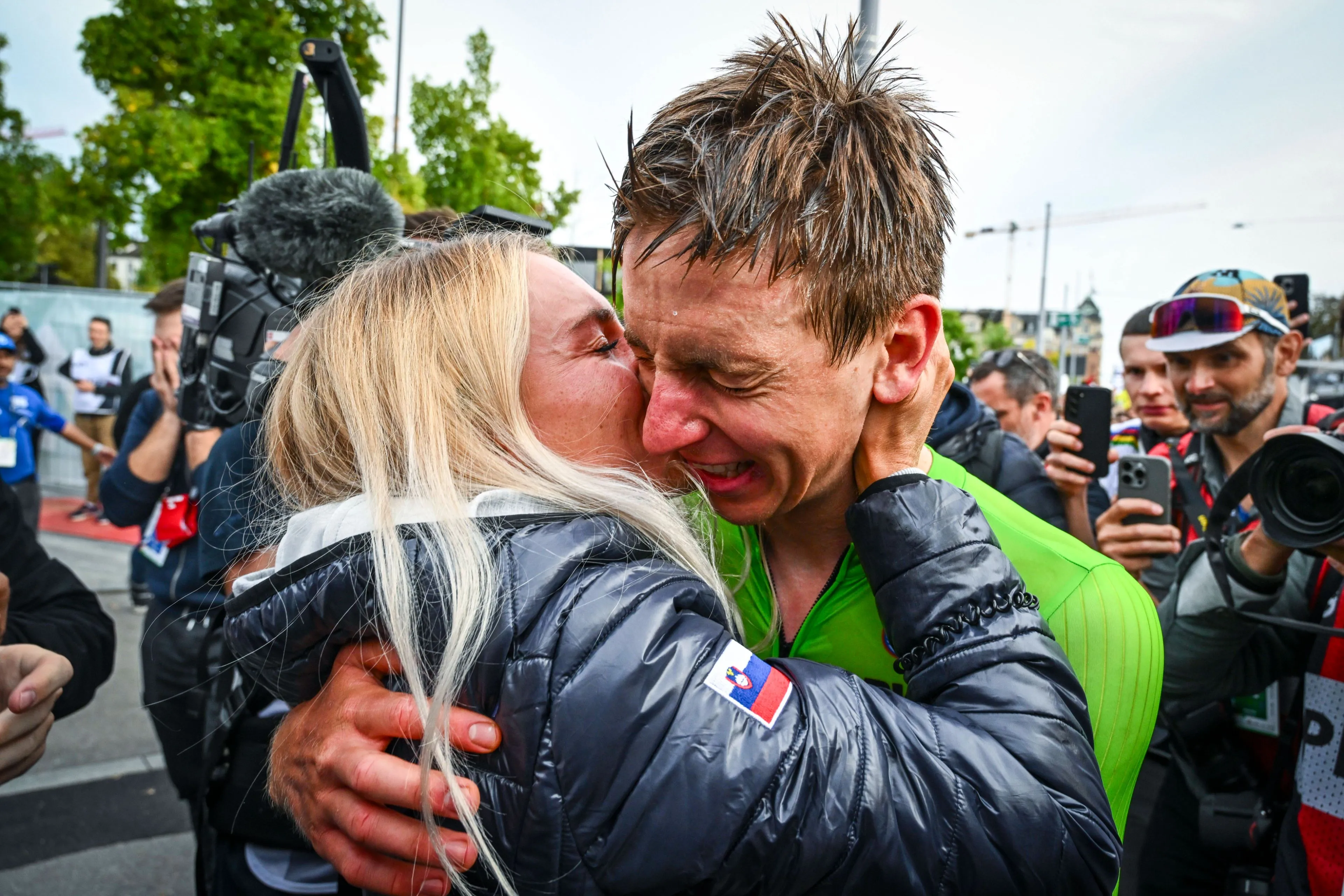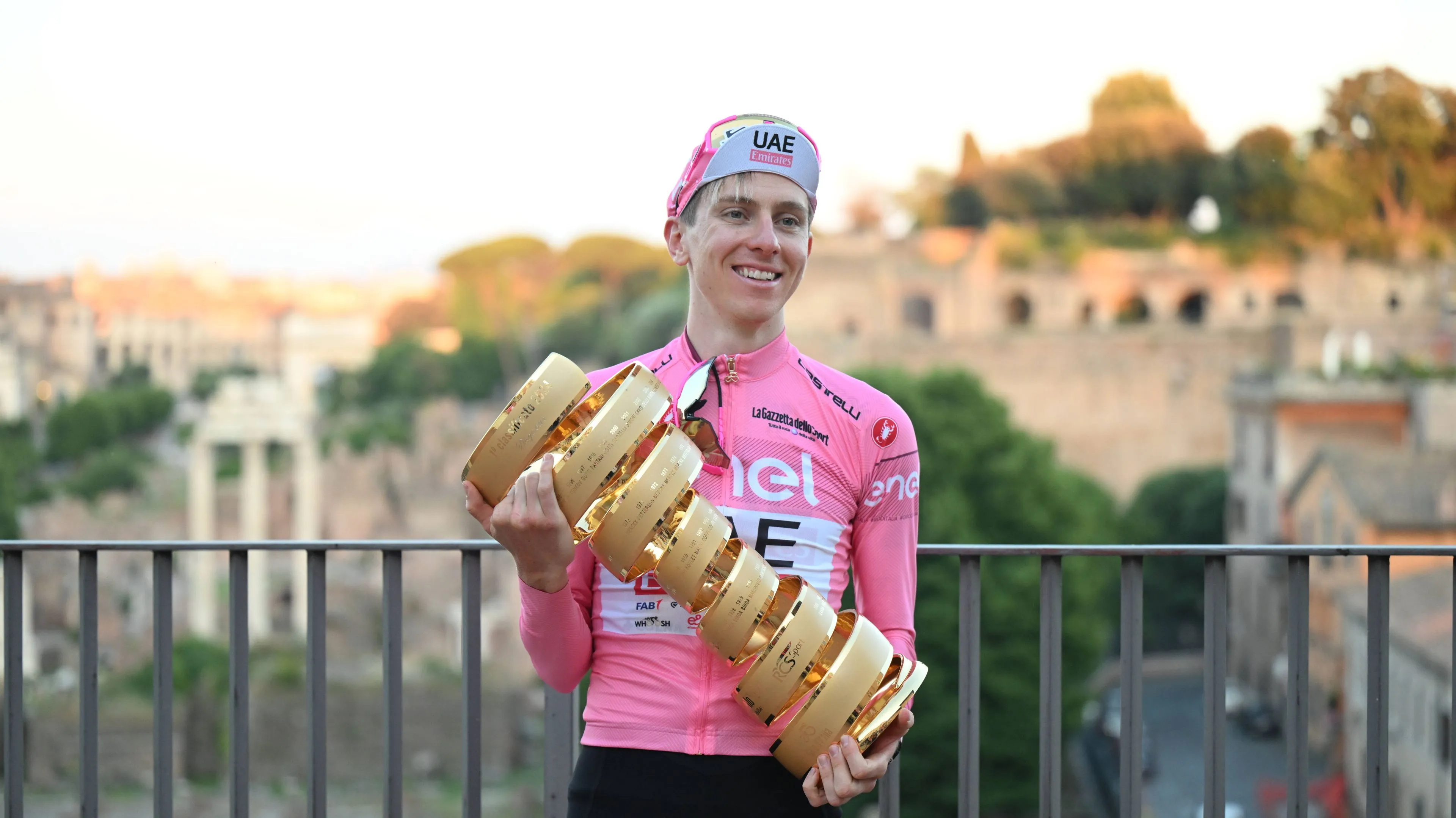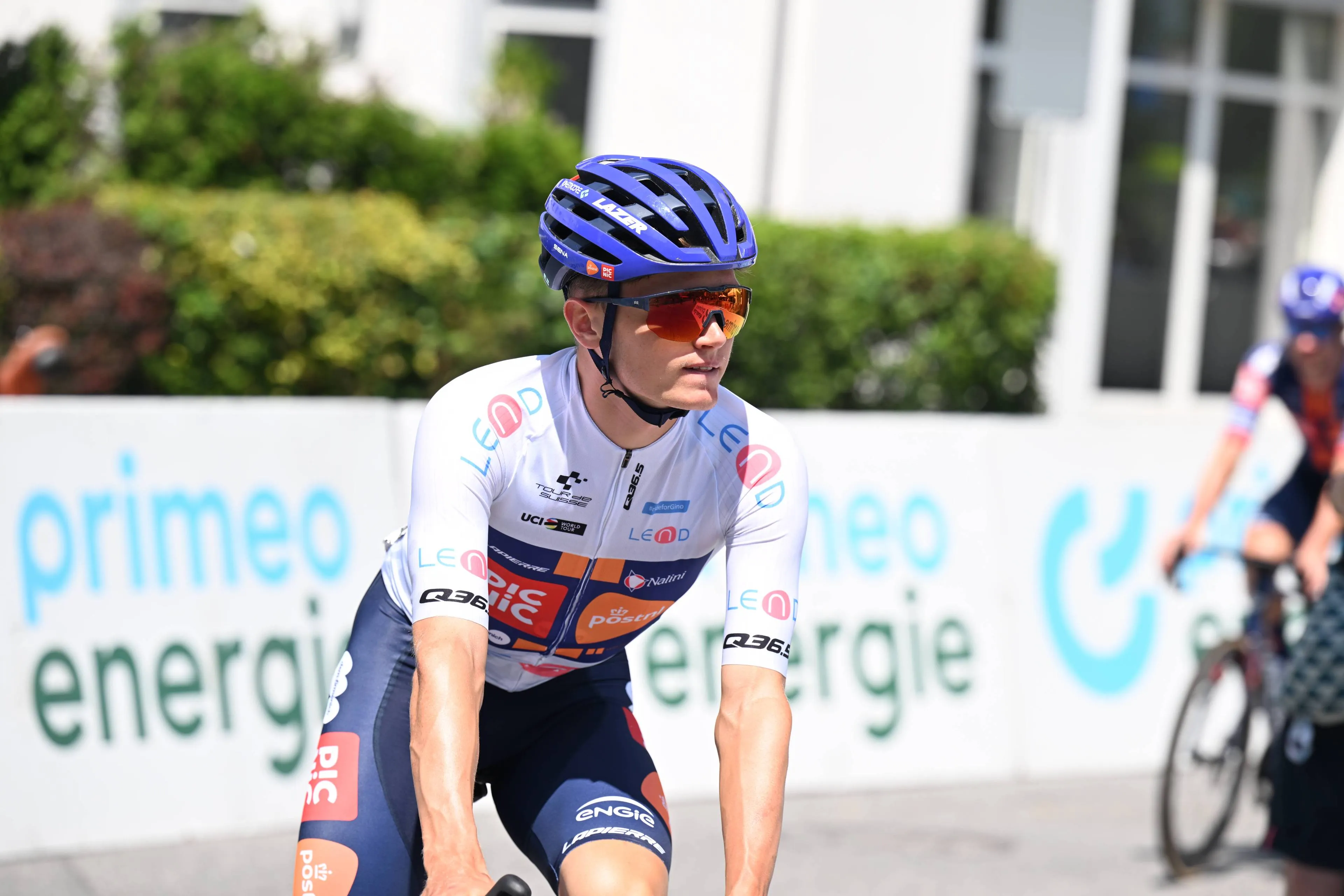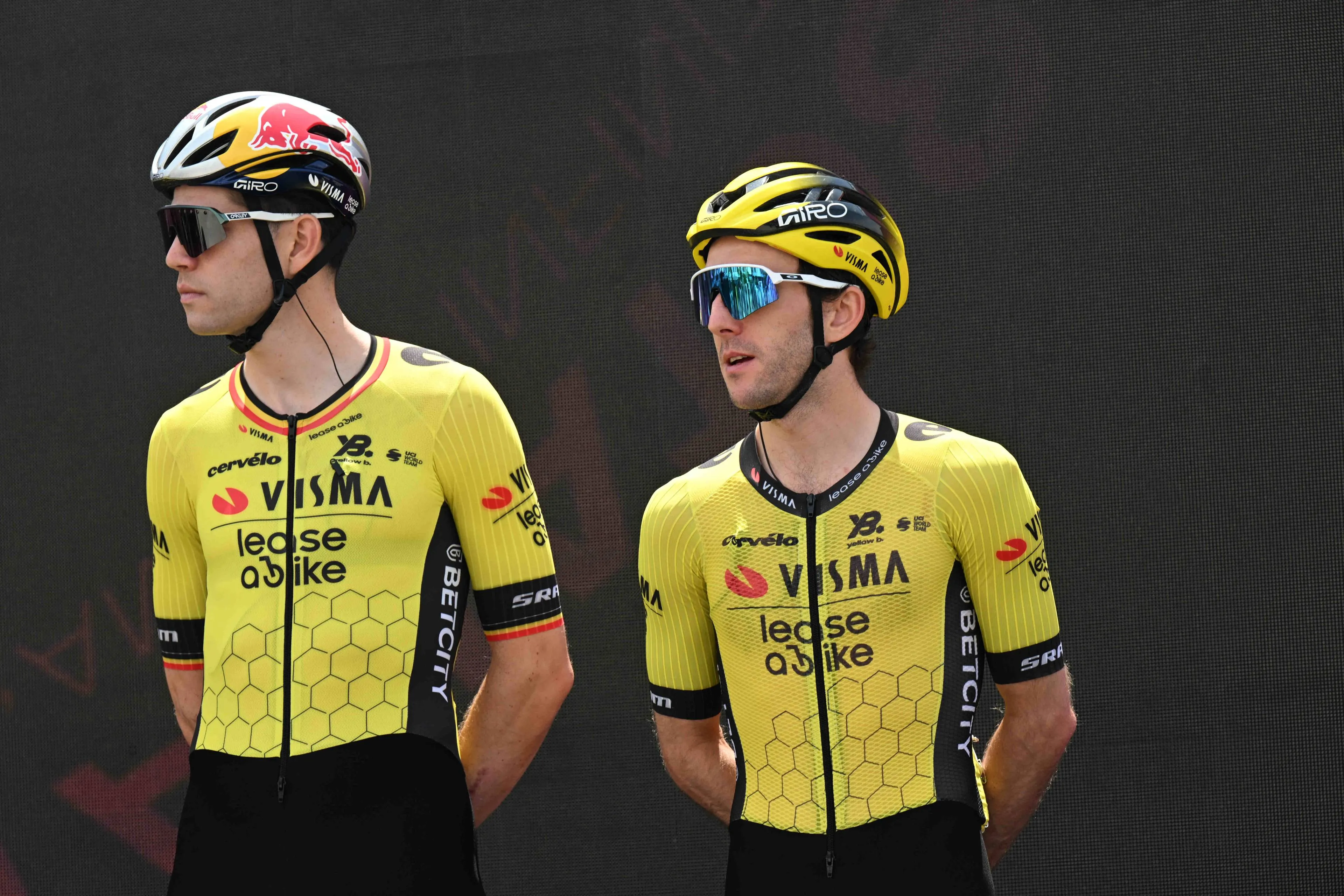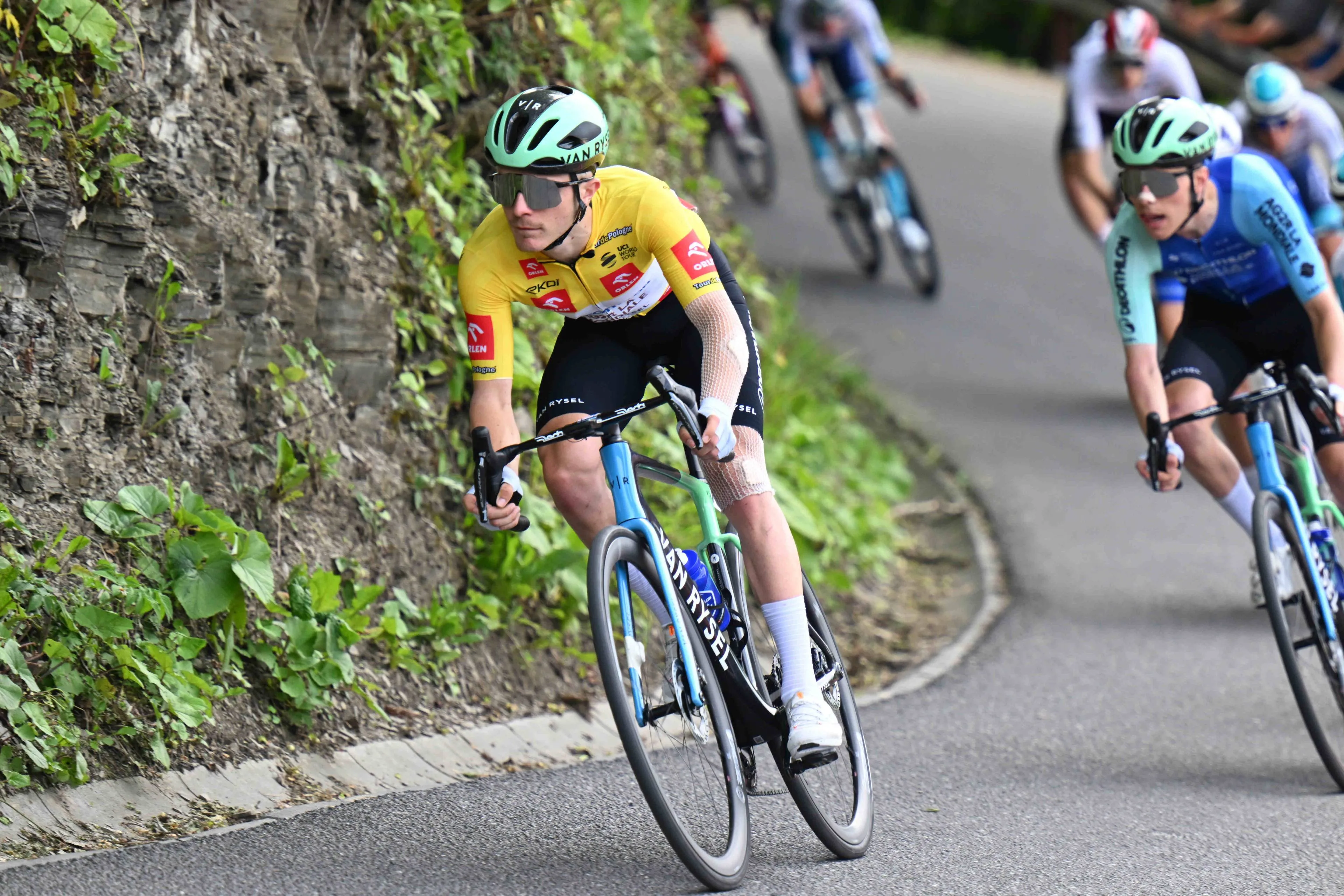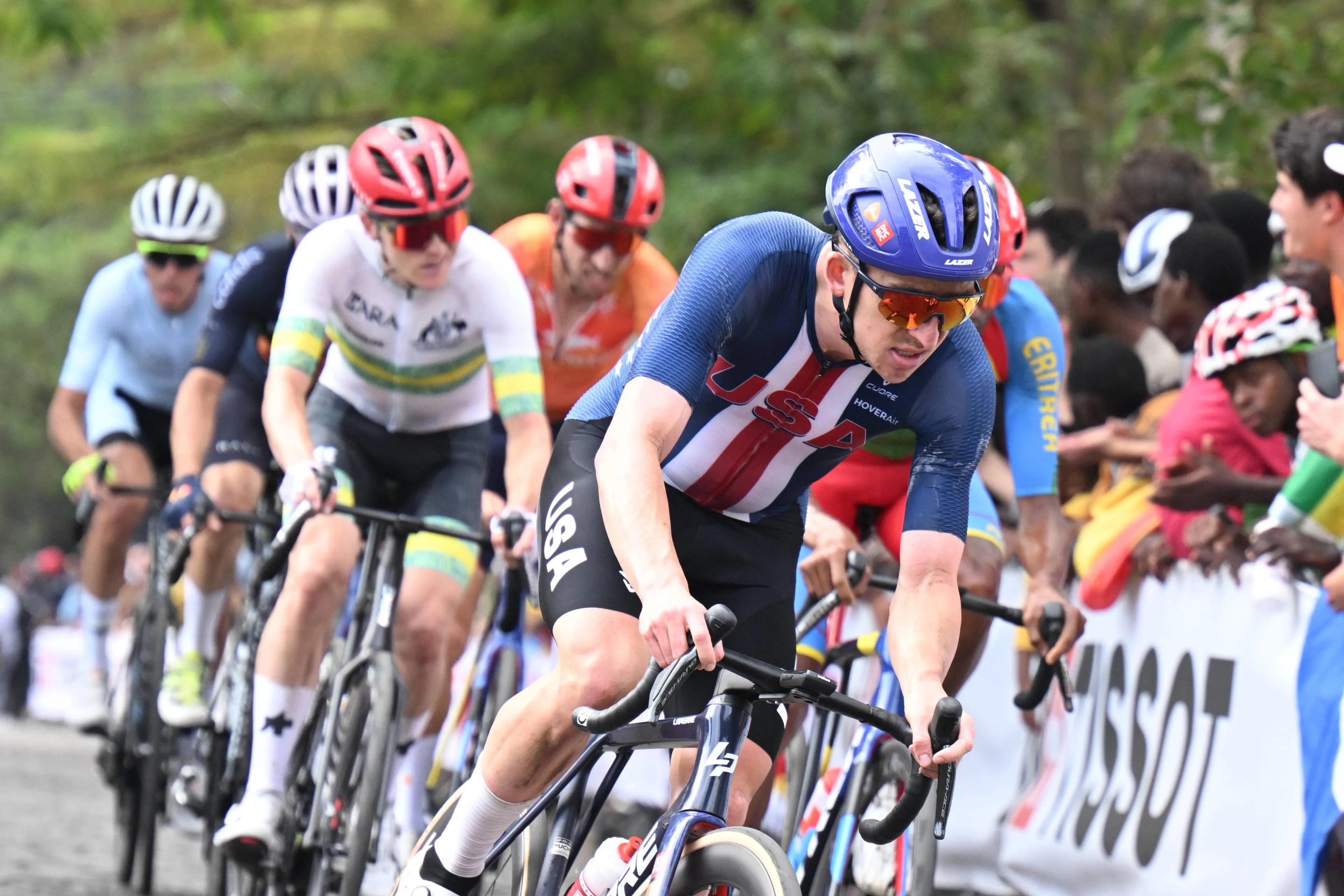Ladies call for at least a two-week Tour de France Femmes: "That's what we're prepared for"
CyclingThursday, 14 November 2024 at 03:00

For the past three years, the current variant of Tour de France Femmes avec Zwift organised by ASO has settled on eight stages. In 2025, we'll move up to nine days of racing, but some female professionals feel like the organisers could be courageous in creating the first "real" women's Grand Tour.
While men had been cruising around Europe in races dubbed as Grand Tours for more than a century, it's been only rather recently that women were awarded with such a honor as well. But with the rapid development of women's cycling, it seems like only a matter of time before the Tour de France Femmes begins to resemble it's male counterpart too.
Read also
The early editions of male Tour de France weren't three-week long races either, there aren't many nowadays who would be daring to challenge the heroes of early 20th century who were competing in often up to 20-hours-long stages in inhuman weather conditions.
Compared to that, modern-day Grand Tours pale in comparison in terms of brutality, while the distance is more evenly spread-out across the three weeks. On contrary ladies, who compete in already shortened stages get only about a week of racing to show for. Considering the current state of women's professional cycling - with overload of multi-day competitions on the calendar and limited team sizes - it's perhaps for the good of riders' ability to compete throughout year and so change, at least for now, doesn't seem plausible.
But when the situation develops in the right direction, Sheyla Gutierréz from Movistar Team assures in a chat with Le Puncheur that many of her competitors her included are ready, if not excited, to ride at least two-week version of Tour de France with an eye on taking on the challenge of full three weeks in the future:
"I think it would be out of step with the progress of the women's peloton as a whole because there would be some riders who would be capable and others who would suffer. On the other hand, I would like to race a two-week Tour de France. That's what we're prepared for. It would be a very different race because now, being a week-long race, it's run in a very crazy way, and that means a greater risk of crashes and a lack of chances of victory."
Read also
claps 0visitors 0
Just in
Popular news
Latest comments
- Good headline to get more readersJumpyjohn31-01-2026
- Wasn’t he referring to whoever tried to make the argument they were a French team so should be preferred?Jumpyjohn31-01-2026
- After the season Brand has had, this is well deserved.Pedalmasher31-01-2026
- I can see at least 3-4 firefighters on the horizon... Today Remco almost couldn't drop Rondel in the last, soft, short climb.
 maria2024202431-01-2026
maria2024202431-01-2026 - no one considering that this is possibly due to a negative test that visma knows about. he has a history of doping.whkman31-01-2026
- So true, no matter how competitive their rivalry was, it was always totally respectful.Jumpyjohn31-01-2026
- He and his wife are obviously smart people and trying to maximize their money. Good for them.awp31-01-2026
- Remco is on fire!awp31-01-2026
- Chapeau Wout... in a world where the wannabees, bloggers, vloggers ,everyone and anyone else is taking potshots at our superstars at least they have absolute respect for each otherslappers6631-01-2026
- I thought the women's junior race was the first big race of the day? Not doing the women any service are you?
 MrCampy31-01-2026
MrCampy31-01-2026
Loading
Write a comment
